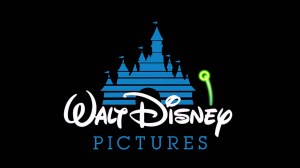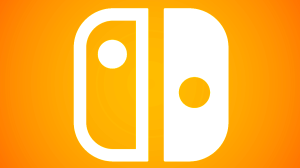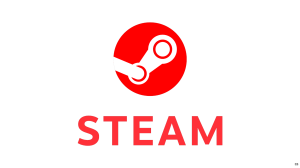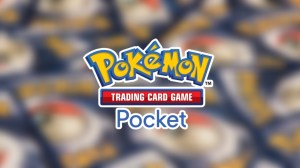
There are a ton of great Marvel-licensed games making the rounds right now, including the forthcoming Spider-Man from Insomniac Games; Telltale Games’ Guardians of the Galaxy episodic series; Capcom’s Marvel vs. Capcom: Infinite; and WB Games’ Lego Marvel Super Heroes 2. And that’s not counting Square Enix’s forthcoming Avengers project as well.
Videos by ComicBook.com
But what’s really going into the thought of Marvel games, and how they are made these days? Well, GamesIndustry International recently had a chance to chat with Marvel Games’ Jay Ong about the decision making that goes into forming these partnerships – and how it’s paying off.
“It’s not just a creative alignment, but ambition is a huge part of it,” Ong said. “Unless you want to hit home runs, we’re not interested in partnering with you. So we have to share the creative vision and then also, are you hungry? Are you willing to invest the talent, time, and resources to create a huge game like Spider-Man, Marvel vs. Capcom Infinite, or The Avengers? Those are all going to be huge games with long development cycles and top-tier talent, all that.”
And the approach is really working for the company. “To some extent, it’s almost that every big title people see or we announce partnerships on leads to more interesting things,” he said. “It basically legitimizes that we’re great to collaborate with. And most importantly, there’s the output. Look at Spider-Man – it speaks for itself. So absolutely the strategy was sound and it’s been proved. You could see it on the [E3] floor. Marvel vs. Capcom is amazing, and Spider-Man’s going to be quite a phenomenon next year.”
And even though the company enjoyed working with Activision on its previous Spider-Man games (like Shattered Dimensions and the movie-licensed games), it feels that a different approach with the Insomniac take on Spider-Man is really something. “Certainly the way we think about our partnerships is not so much about creating a legal construct that stretches long term; it’s about creating relationships that are long-term,” Ong said. “So it’s not so much about whether there’s a legal commitment to do X, Y, and Z, but a desire to say, ‘Well, this is so successful, let’s do more things together.’ At the end of the day, if a project is not successful, I don’t think either party wants to stay in the partnership. That’s just logical and makes sense.”
But lately, it’s about the passion of the projects, and not so much the licenses. “We rely less on contractual obligation because that’s really a poor tool to determine behavior,” Ong said. “It’s about what’s mutually beneficial. That’s a huge part of our job, to act as a portfolio manager. How do we make sure that games are differentiated enough that partners aren’t harmed by other games, and that consumers aren’t confused? A couple generations ago there was a desire to do a lot of content. And now we’ve gone to less and less. It’s been a conscious decision to go bigger and go fewer, to avoid oversaturation or consumer confusion. It should be an easy decision-making process for [fans]. There should be no confusion about which one’s better. If there’s one, it’s going to be good. That’s the promise behind all of it.”









